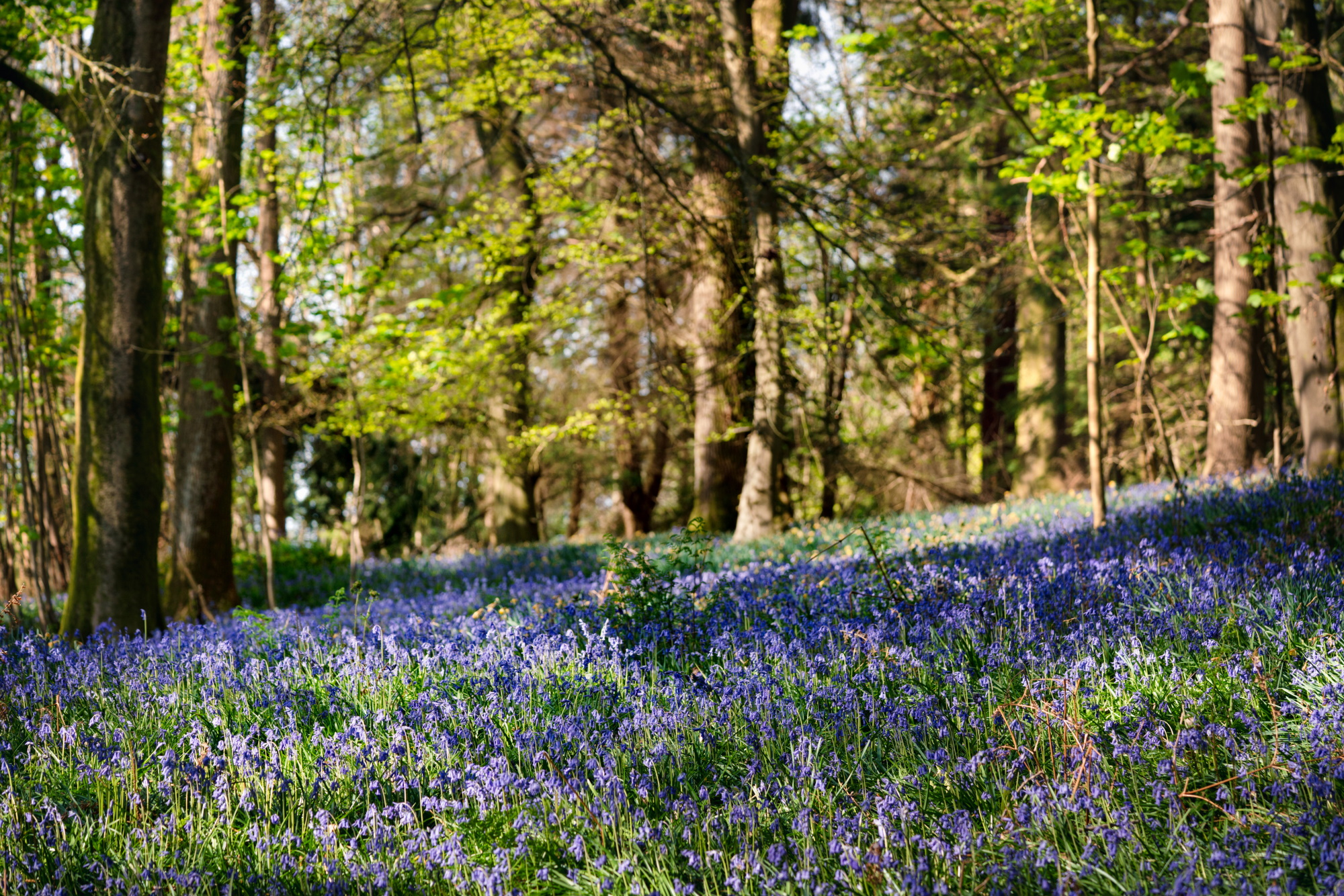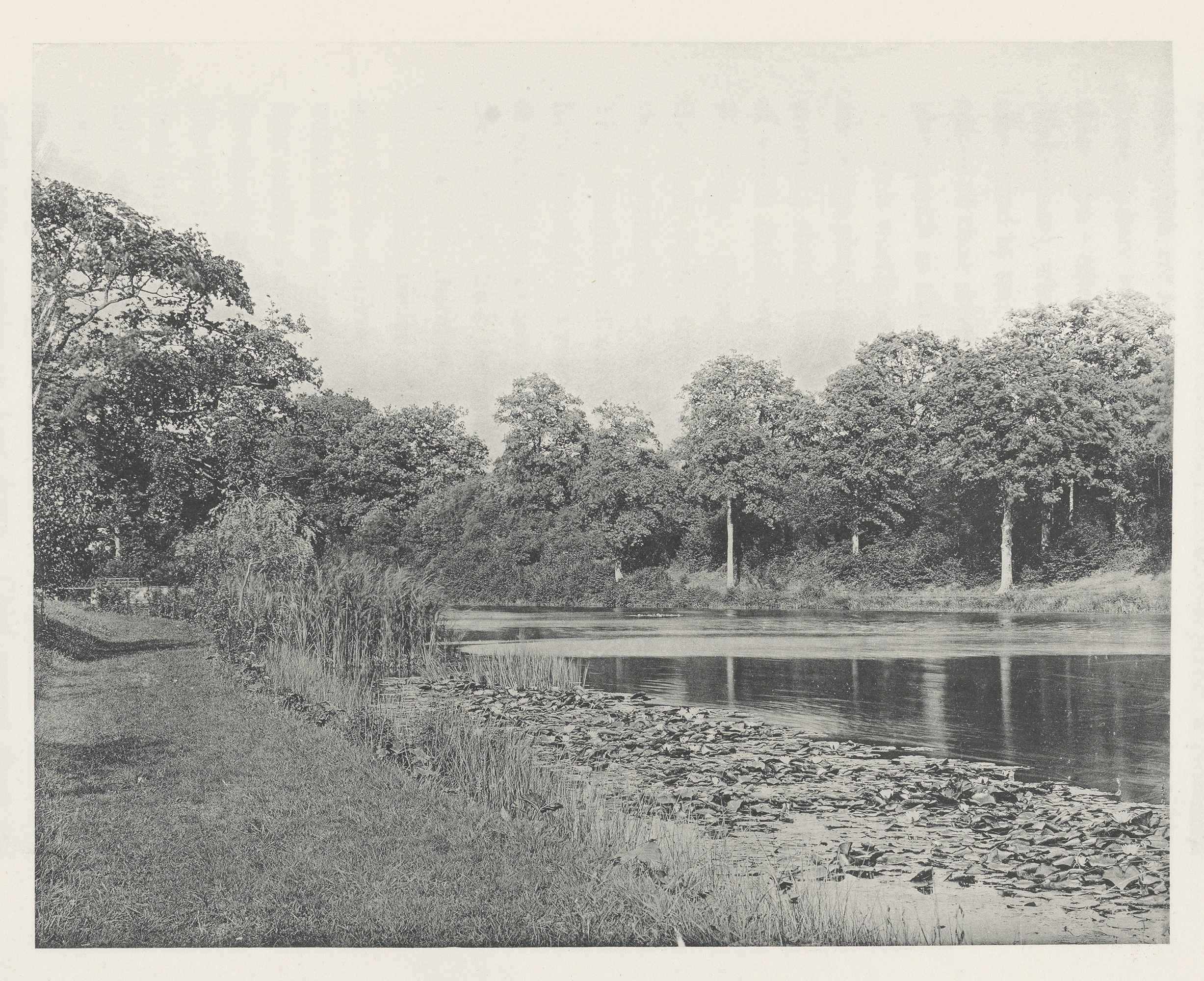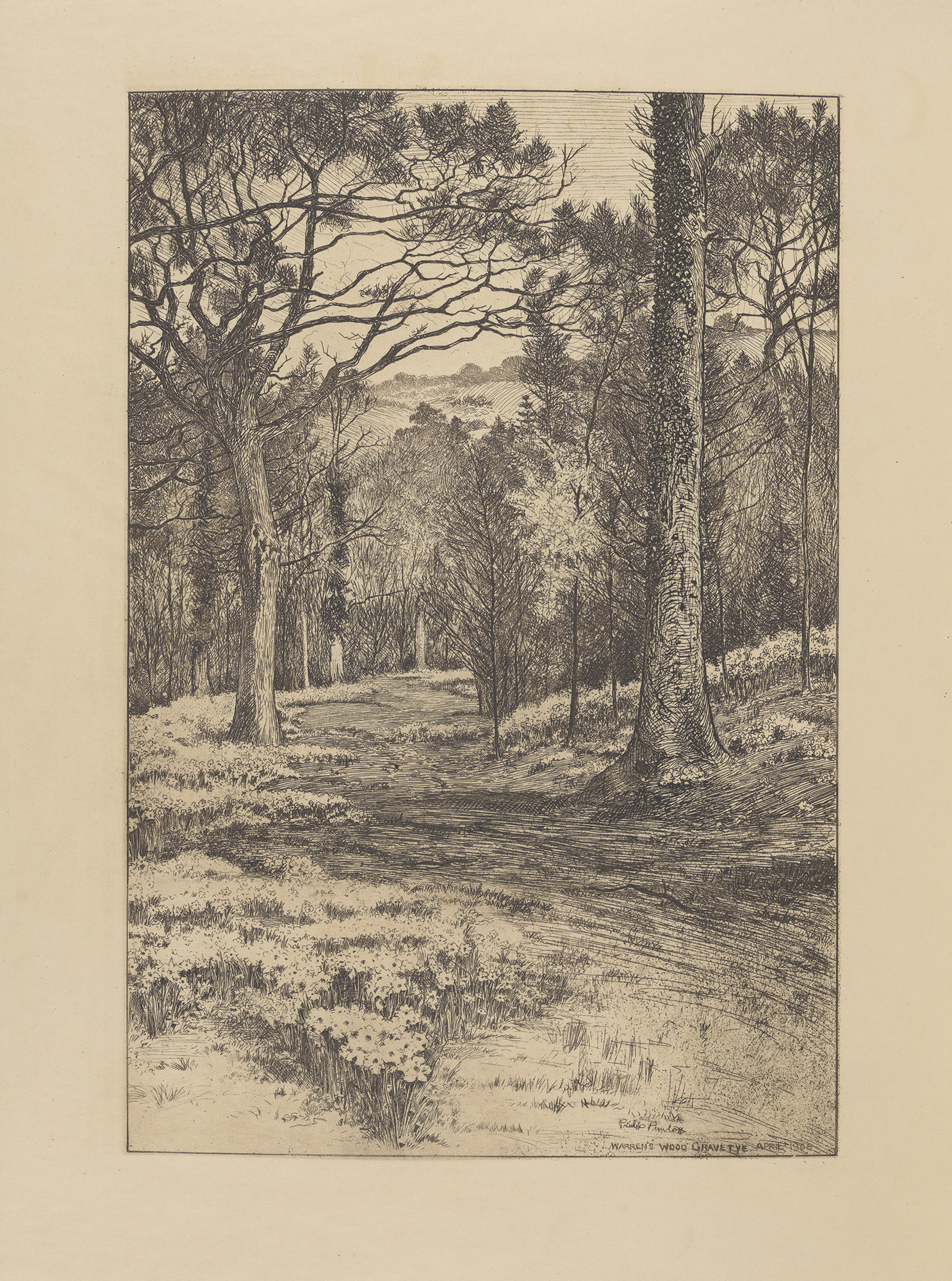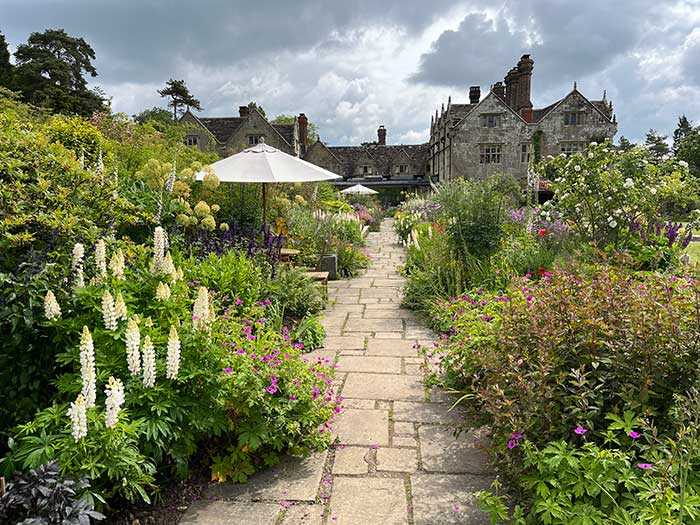
Learning from Trees
Gravetye’s woodland has been managed for centuries. People first coppiced wood for building materials and fire, and later on for charcoal to smelt iron ore. Gravetye Manor was built in Elizabethan times on the proceeds of iron ore production and hammer ponds are dotted through the estate to this day.
Did you know that most of our wood is used to make houses, fencing, and furniture, with material unsuitable for other uses chipped for biofuel?
As Climate Change is becoming more obvious;
we need our woodland to sequester carbon and
to provide greater biodiversity for flora and fauna.
The problem is, that at the same time as we are seeing more unpredictable rainfall, temperatures and wind, we are also seeing an explosion in tree diseases in the form of fungi, parasites and pests.
There are only 32 British native tree species (29 of which are broadleaves), so if we want to increase diversity, to ensure that our woodlands are more resilient to the effects of climate change and to spread our risk against pests and disease, we must introduce diversity.
Our current challenges are dealing with Ash dieback (chalara) which is a fungal infection which causes the tree to die, and a beetle (ips typographus) infection which kills our spruce trees.
We are felling spruce and ash trees to tackle these problems. Although unsightly in the short term, this clearance work gives us a huge opportunity to plant alternative resilient species. If you venture along the William Robinson Woodland Trail, you will see areas that are being replanted with saplings and eye-catcher trees for the future.


The charity has a mission to restock areas of the estate ravaged by disease with mixtures of Climate Change and disease resistant species so that we share their story over the decades to come for common good. We plan to plant and protect thousands of trees and to work with organisations including Forest Research to trial resilient mixtures and new cultivars.
We will leave special spots near our woodland ride, known as the Yellow Brick Road, and if you would like to sponsor a tree in your name or a loved one.
“I sowed seeds of some of the forest pines of Europe spruce, scotch, Austrian pine, silver fir, larch and the Canadian white pine … as an experiment and to compare with the results of planting trees as usually carried out in Britain”





